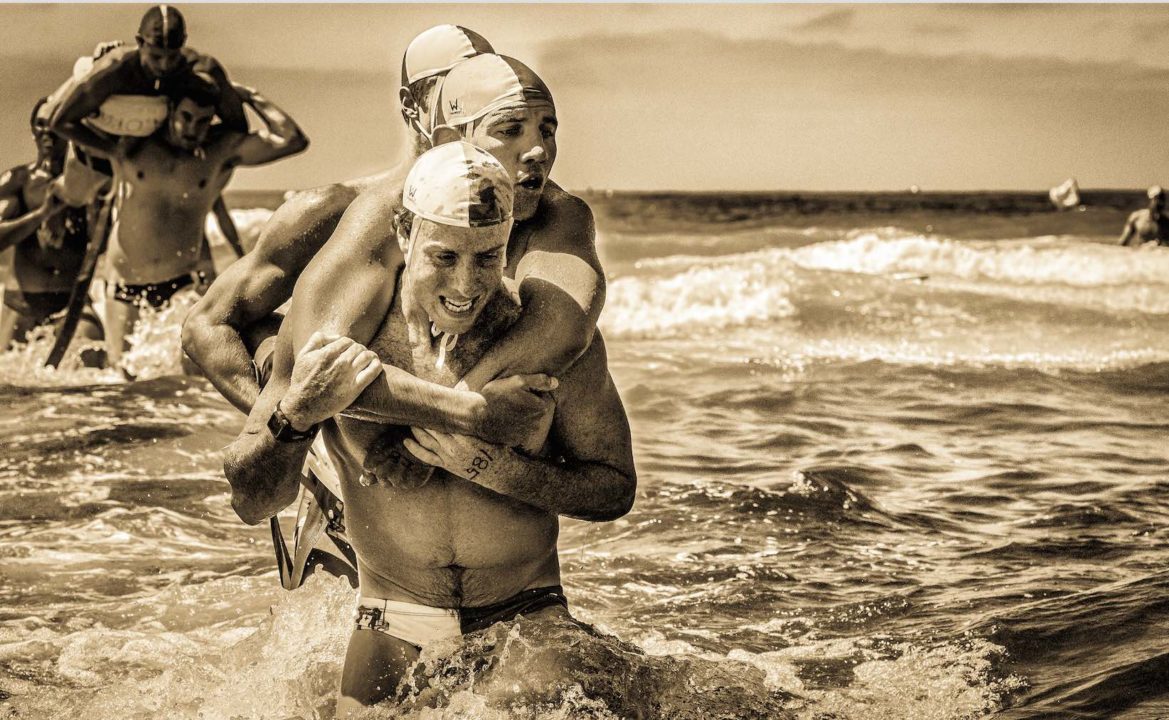In light of the current COVID-19 pandemic, and ensuing regulations on large gatherings and close contact, the American Red Cross has released updated guidance for it’s instructors, facility operators, and students.
The Red Cross’ release, titled “Considerations for Aquatics Facilities and Lifeguarding”, outlines the general precautions that a facility needs to take in order to ensure a safe reopening process. As pools begin to open across the country, they must take special precautions to meet local and state guidelines as well. One focus of the release is the new policies a facility will need to implement in order to maintain a safe facility. Some of the necessary policies include sanitation of public areas, social distancing rules and implementation of some form of pre-entry screening. It also covers ways that these can be addressed, such as limiting the number of chairs on the pool deck, reducing the number of people allowed in certain areas, and requiring temperature checks to enter the pool. It also suggests the implementation of separate, reserved times for patrons who may be at higher risk of infection.
The Red Cross also proposed what activities should and should not be allowed. According to the organization activities such as lap swim and exercise classes may resume with caution, while activities like water polo, that require being in close proximity with other swimmers, may not resume. As well as limiting the contact between employees and patrons, the Red Cross also suggests a number of other protocols to be utilized to protect employees. These include requiring all employees to wear cloth face coverings when around others, wearing disposable gloves when interacting with items that may have come in contact with others, and wearing PPE when handling any pool equipment.
They have also created guidelines for lifeguards in the event that they are required to respond to a medical emergency. While studies on the potential spread of the virus during chest compressions have yet to be done, they recommend that a cloth mask be placed over the victim’s mouth to reduce the likelihood of spread during CPR. One large change between traditional Red Cross lifesaving recommendations and their suggestions for during the pandemic is in the way that CPR is performed. They now recommend that, until a Bag-valve mask (BVM) is available, the rescuer performs compression-only CPR. Previously, prior to the arrival of a BVM, a pocket ventilator would be used to provide oxygen for the victim.
The American Red Cross lifeguard certification is one of the most widely accepted certifications for lifeguards in the United States. Every year the organization educates or certifies over 9 million people in fields including basic life support, lifeguarding, safe performance of CPR, and AED use.

Your link doesn’t work and when you search the red cross site, nothing with the mentioned information can be found